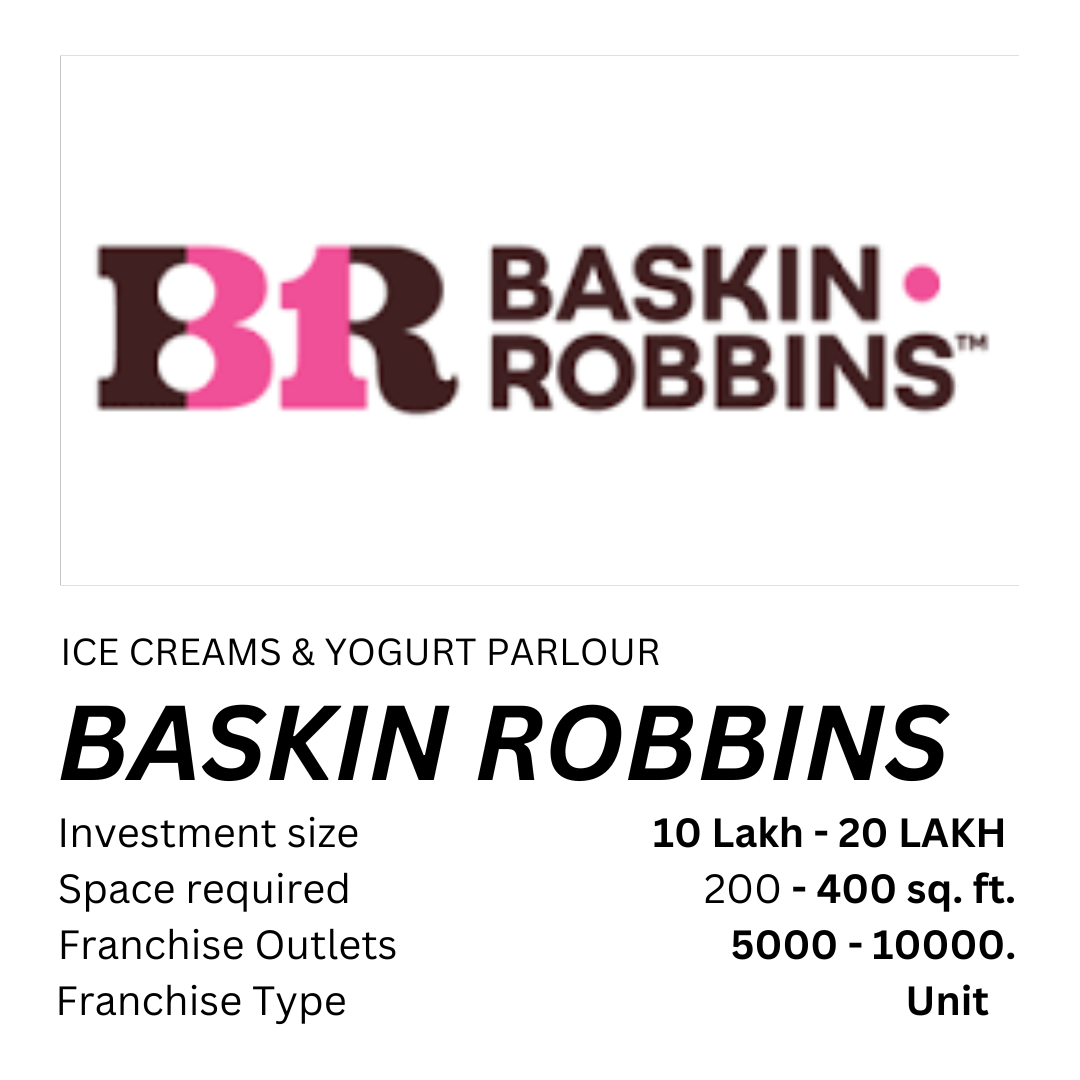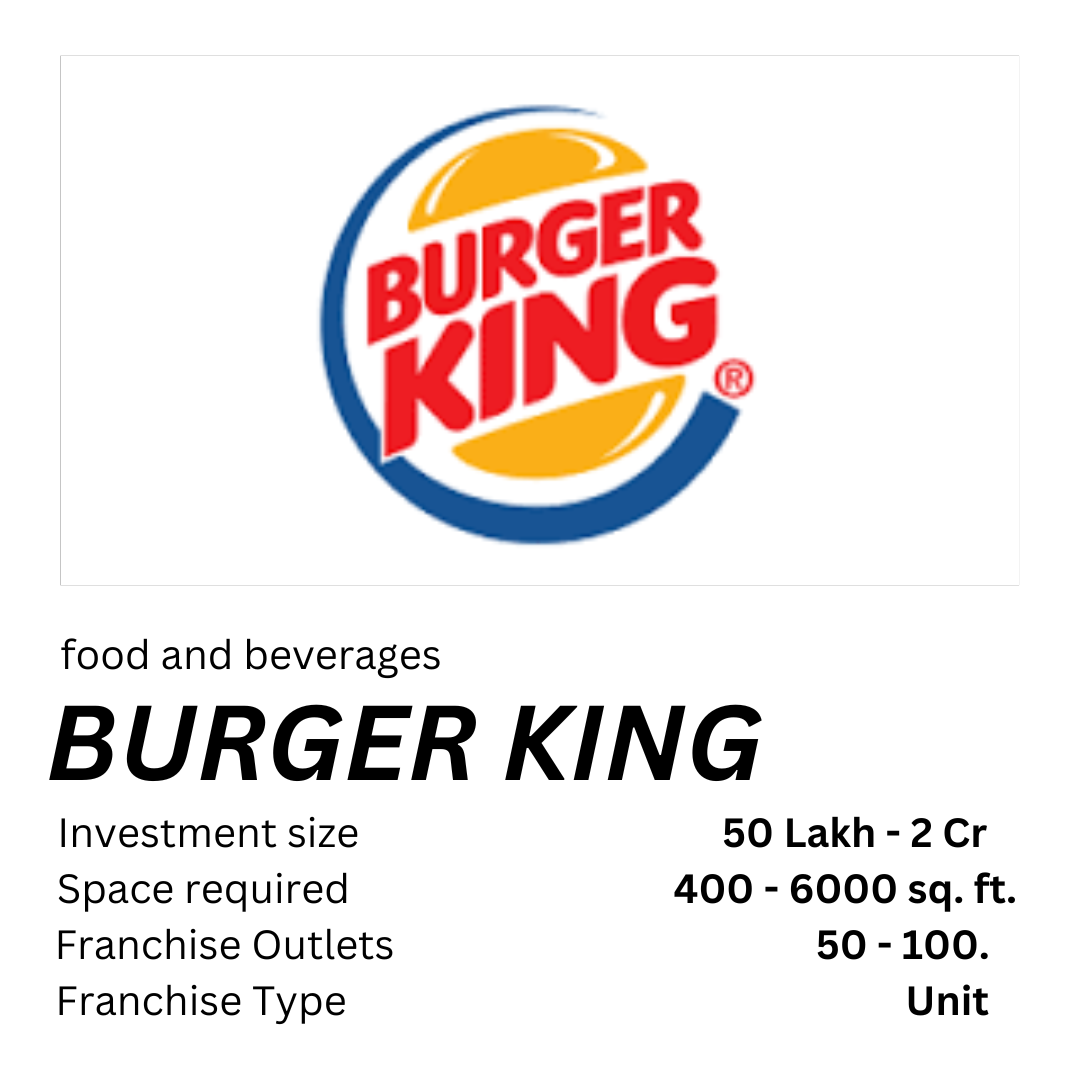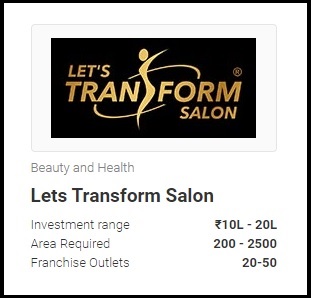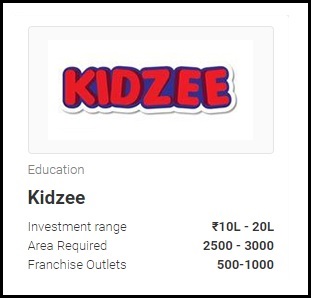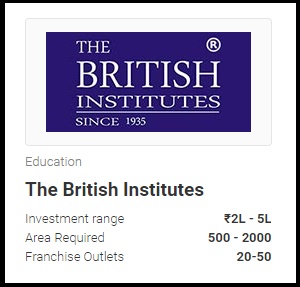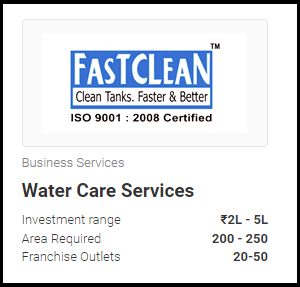In today’s competitive business landscape, the franchise business model has gained immense popularity among aspiring entrepreneurs. Franchising offers a unique opportunity to operate under an established brand while benefiting from a proven business system. However, navigating the world of franchising can be overwhelming, especially for first-time business owners. This comprehensive guide will explore the franchise business, its benefits, how to choose the right franchise, and how JARV Franchise can assist you in finding the best opportunities in the franchise business.
What is a Franchise Business?
A franchise business is a model where a franchisor grants a franchisee the right to operate a business under its established brand and system. This relationship allows the franchisee to leverage the franchisor’s reputation, operational expertise, and marketing strategies, essentially buying into a successful franchise business model and reducing the risks associated with starting a business from scratch.
Key Components of a Franchise Business
- Franchisor: The individual or company that owns the brand and franchise business model.
- Franchisee: The individual or company that purchases the rights to operate the franchise.
- Franchise Agreement: A legal contract outlining terms of the franchise business relationship.
- Franchise Fee: An upfront fee paid by the franchisee to the franchisor.
- Royalty Fees: Ongoing fees, often based on revenue, paid to the franchisor.
Key Components of a Franchise Business
-
Franchisor: The individual or company that owns the brand and business model. The franchisor provides the franchisee with the rights to operate under its brand.
-
Franchisee: The individual or company that purchases the rights to operate a franchise. The franchisee pays fees to the franchisor and follows its operational guidelines.
-
Franchise Agreement: A legal contract between the franchisor and franchisee that outlines the terms of the franchise relationship, including fees, responsibilities, and operational guidelines.
-
Franchise Fee: An upfront fee paid by the franchisee to the franchisor to secure the rights to operate the franchise.
-
Royalty Fees: Ongoing fees paid by the franchisee to the franchisor, typically based on a percentage of the franchisee’s revenue.
Advantages of a Franchise Business
1. Reduced Risk
One of the most significant advantages of a franchise business is the reduced risk of failure. By investing in a franchise, you are leveraging an established brand with a proven track record. This built-in credibility can attract customers more quickly than an independent startup.
2. Established Brand Recognition
Franchise businesses benefit from the recognition and trust associated with established brands. This brand loyalty can translate into a ready customer base, making it easier for franchisees to gain traction in their market.
3. Comprehensive Training and Support
Most franchisors provide extensive training programs to equip franchisees with the necessary skills and knowledge to operate the business successfully. This support often includes training in marketing, operations, and customer service.
4. Marketing Assistance
Franchisors typically offer marketing resources and strategies to help franchisees promote their businesses effectively. This support can include advertising materials, social media strategies, and access to marketing campaigns.
5. Proven Business Model
Franchising allows you to adopt a tried-and-true business model that has been tested in the market. This advantage reduces the guesswork involved in starting a business and increases the likelihood of success.
6. Ongoing Support and Guidance
Beyond initial training, many franchisors provide ongoing support to their franchisees. This support can include operational assistance, marketing guidance, and updates on industry trends.
7. Access to Financing
Some franchisors have established relationships with lenders and can assist franchisees in securing financing for their businesses. This support can be invaluable for those who may struggle to obtain funding independently.
How to Choose the Right Franchise Business
Selecting the right franchise business is a critical step in your entrepreneurial journey. Here are some key factors to consider:
1. Identify Your Interests and Goals
Before diving into the franchise business world, take the time to assess your interests, skills, and financial goals. This self-reflection will help you choose a franchise that aligns with your passions and strengths.
2. Research Various Industries
Franchises exist in a wide array of industries, including food and beverage, retail, health and wellness, education, and technology. Research different sectors to identify which aligns with your interests and market demand.
3. Evaluate Franchise Costs
Franchises come with varying costs, including initial franchise fees, ongoing royalties, and other expenses. Assess your budget and choose a franchise that aligns with your financial capabilities.
4. Review the Franchise Disclosure Document (FDD)
The Franchise Disclosure Document provides crucial information about the franchise, including financial performance, obligations, and legal considerations. Review the FDD carefully to understand the terms of the franchise agreement.
5. Investigate Brand Reputation
Research the franchisor’s reputation in the market. Look for reviews, testimonials, and success stories from current franchisees to gauge the brand’s credibility.
6. Understand the Training and Support Offered
Evaluate the level of training and ongoing support provided by the franchisor. A strong support system is essential for success, especially for first-time business owners.
7. Meet Existing Franchisees
Reach out to current franchisees to gain insights into their experiences. Ask about their satisfaction with the franchisor’s support, the challenges they faced, and the overall profitability of their franchise.
The Different Types of Franchise Businesses
Franchise businesses can be categorized into various types, each with its own unique characteristics. Understanding these categories can help you choose the best fit for your entrepreneurial goals.
1. Product Distribution Franchises
In this model, the franchisee sells the franchisor’s products, often using the franchisor’s brand name. Examples include car dealerships, soft drink bottlers, and retail stores.
2. Business Format Franchises
This is the most common type of franchise. The franchisee operates a business using the franchisor’s brand, business model, and operational systems. Fast-food chains like McDonald’s and Subway fall under this category.
3. Manufacturing Franchises
In this model, the franchisor provides the franchisee with the right to produce and sell its products. Examples include food manufacturers and clothing brands.
4. Master Franchises
A master franchisee has the rights to sub-franchise within a specific territory. This model is ideal for those looking to expand a franchise brand in a new region while earning royalties from sub-franchisees.
The Role of JARV Franchise
As you explore the world of franchising, having a reliable partner to guide you through the process is essential. JARV Franchise is a leading platform that connects aspiring entrepreneurs with the best franchise opportunities. Here’s how JARV Franchise can help you succeed in your franchise business journey:
1. Comprehensive Franchise Listings
JARV Franchise offers an extensive database of franchise opportunities across various industries. Whether you’re interested in food, retail, health, or technology, JARV Franchise has a comprehensive list of options. This variety allows you to explore multiple avenues and find the perfect franchise that aligns with your interests.
2. Expert Guidance and Resources
Navigating the franchise business landscape can be overwhelming. JARV Franchise provides expert advice and resources to help you make informed decisions. Their team is dedicated to guiding you through the selection process, ensuring you find a franchise that meets your goals.
3. Success Stories and Testimonials
Many entrepreneurs have found success through JARV Franchise, benefiting from the extensive support and resources provided. The platform features success stories and testimonials from satisfied franchisees, showcasing their positive experiences and the growth achieved through partnerships facilitated by JARV Franchise.
4. Ongoing Support
Franchising is not just about the initial investment; it’s about ongoing support. JARV Franchise offers resources and guidance even after you’ve chosen your franchise. From marketing strategies to operational assistance, the platform ensures that you have the tools necessary to thrive in your business journey.
5. Access to Franchise Experts
JARV Franchise connects you with industry experts who can provide personalized advice based on your unique needs and goals. Whether you have questions about specific franchises or the franchising process in general, their team is there to support you every step of the way.
Common Challenges in the Franchise Business
While the franchise business model offers numerous advantages, it also comes with its own set of challenges. Understanding these challenges can help you prepare and navigate your franchise journey effectively.
1. Initial Costs
While franchising can reduce risk, it often requires a significant initial investment. Franchise fees, equipment, inventory, and marketing costs can add up quickly. It’s essential to budget appropriately and understand all potential costs before committing to a franchise.
2. Royalty Fees
Most franchise agreements require ongoing royalty payments to the franchisor, typically based on a percentage of revenue. These fees can impact your profitability, so it’s essential to factor them into your financial projections.
3. Operational Limitations
Franchisees must adhere to the franchisor’s operational guidelines and restrictions. While this structure can provide support, it may also limit your ability to make independent decisions about your business.
4. Market Competition
Depending on the industry, franchise businesses can face significant competition. It’s crucial to conduct thorough market research to understand your competition and develop strategies to differentiate your franchise.
5. Brand Reputation Management
As a franchisee, your business is tied to the franchisor’s brand reputation. Any negative publicity or operational issues at the corporate level can impact your franchise’s success. It’s essential to stay informed about the franchisor’s actions and maintain high standards within your business.
The Future of Franchise Business
The franchise business model is continuously evolving, driven by changing consumer preferences and technological advancements. Here are some trends shaping the future of franchising:
1. Technology Integration
Franchise businesses are increasingly leveraging technology to enhance customer experience and streamline operations. From online ordering systems to mobile apps, technology plays a crucial role in improving efficiency and meeting customer demands.
2. Focus on Sustainability
Consumers are becoming more environmentally conscious, leading franchise businesses to adopt sustainable practices. Brands that prioritize sustainability are likely to attract more customers and build loyalty in a competitive market.
3. Expansion of Delivery Services
The rise of e-commerce and food delivery services has transformed the franchise business landscape. Many franchises are adapting by offering delivery options, allowing them to reach a broader audience and increase sales.
4. Personalization and Customer Experience
Franchise businesses are increasingly focusing on personalized customer experiences. This approach can help franchises stand out in a crowded market and build lasting relationships with customers.
Conclusion
A franchise business offers a unique opportunity for aspiring entrepreneurs to achieve their dreams while leveraging an established brand and proven business model. While there are challenges to navigate, the benefits of reduced risk, brand recognition, and ongoing support make franchising an attractive option.
As you explore the franchise business landscape, JARV Franchise stands out as a valuable resource. With a comprehensive list of opportunities, expert guidance, and ongoing support, JARV Franchise is dedicated to helping you succeed in your franchising journey. Take the first step toward your franchise business today, and unlock the potential for success with JARV Franchise by your side.
This content provides a detailed overview of franchise businesses while incorporating the keyword “franchise business” multiple times. If you have specific requests for sections or additional adjustments, feel free to let me know!























